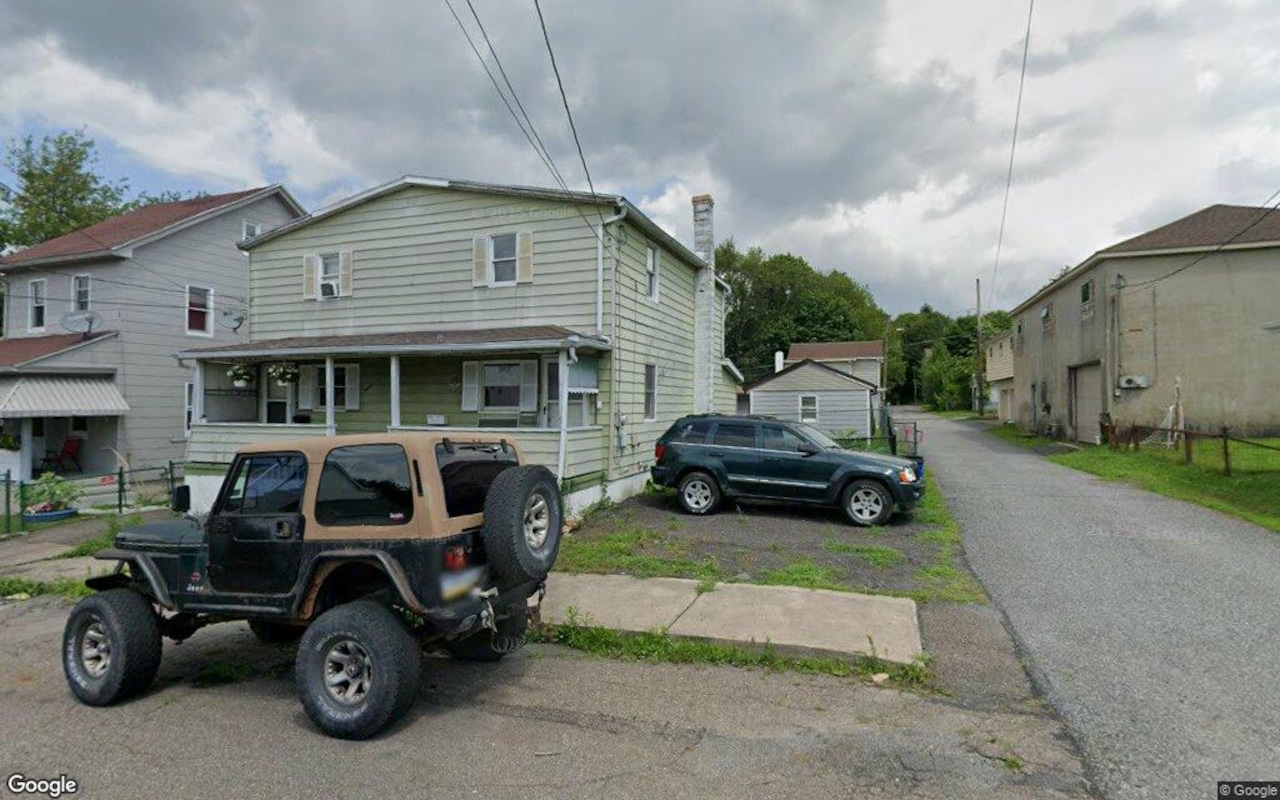C
annabis real estate lenders are adapting to market headwinds by adopting varying strategies, with some aggressively restructuring loans and others taking a wait-and-see approach. This divergence is evident in earnings calls from the past week.
While broader real estate stocks rallied on the Federal Reserve's latest rate cut, cannabis REITs face challenges balancing tenant struggles against capital scarcity. Chicago Atlantic Real Estate Finance CEO Peter Sack noted that the US cannabis market is fragmented into 40 distinct markets with relatively low correlation.
Chicago Atlantic has methodically restructured its portfolio to mitigate rate risk, increasing fixed-rate protection from 24% to 52%. In contrast, Innovative Industrial Properties reported a 1.7% revenue decline and had to use security deposits to cover rent for tenants including 4Front Ventures Corp. and Tilt Holdings.
Advanced Flower Capital has taken a more proactive stance, aggressively working through troubled credits while positioning for "Cannabis 3.0" opportunities. The company has exited or restructured seven key loans since last year, securing $150 million in capital repaid.
The political landscape further complicates these calculations, with Republican electoral gains potentially reshaping the funding environment. Advanced Flower Capital President Robyn Tannenbaum expects access to capital in the cannabis sector to remain scarce due to broader cannabis legislation not being a top priority for the Republican administration.
Each REIT has calibrated differently to rate movements, with Chicago Atlantic maintaining an 18.3% yield while boosting fixed-rate exposure and Advanced Flower Capital positioning 67% of its portfolio in fixed rates or above-market floors. Workout strategies also reflect the divergence, with Advanced Flower actively restructuring troubled credits and NewLake Capital Partners reporting 97% rent collection despite allowing Revolutionary Clinics to pay half of its obligations.
Chicago Atlantic's Sack emphasized the importance of staying grounded in fundamentals, focusing on comfortable debt service coverage, collateral quality, and deep understanding of limited license markets. Advanced Flower Capital's Neville argued that specialized lenders maintain an advantage due to their dedicated focus on cannabis, operating experience, and industry history.















